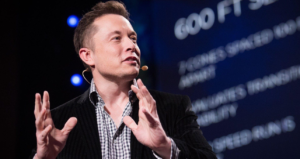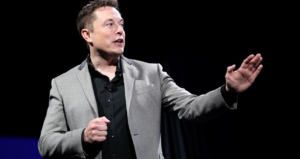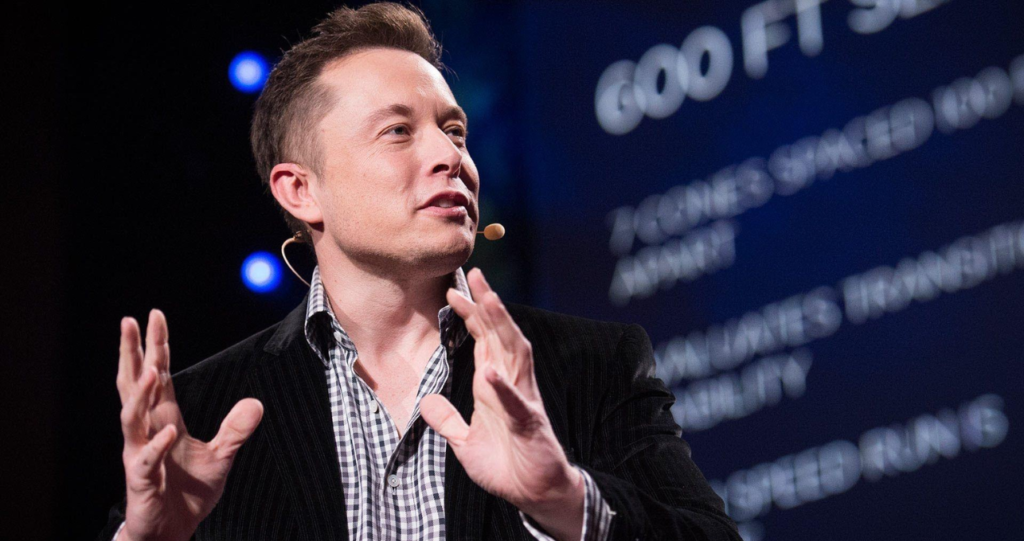Elon Musk is widely recognized as a serial entrepreneur, having founded and led several groundbreaking companies since 1995. His business ventures, ranging from online banking to space exploration, have not only redefined their respective industries but also positioned Musk as one of the most influential figures of the 21st century. This article explores the key milestones of Musk’s business career, highlighting his entrepreneurial journey and the companies that have shaped his legacy.
Early Ventures: Zip2
In 1995, Elon Musk, along with his brother Kimbal and Greg Kouri, founded Zip2, originally named Global Link Information Network. The company aimed to develop an Internet city guide that included maps, directions, and yellow pages, marketing its services to newspapers. Operating out of a small rented office in Palo Alto, Musk was heavily involved in coding the website and building the business from the ground up.
Despite navigating challenges related to their immigration status—described by Musk as a “gray area”—Zip2 flourished, securing contracts with major publications like The New York Times and the Chicago Tribune. The company ultimately caught the attention of Compaq, which acquired Zip2 for $307 million in cash in February 1999. Musk received $22 million for his 7% share, providing him with the capital needed to pursue his next venture.
X.com and PayPal: Revolutionizing Online Payments
In March 1999, Musk co-founded X.com, an online financial services and email payment company, using $12 million from his Zip2 sale. X.com was among the first federally insured online banks and quickly attracted over 200,000 customers. However, Musk faced skepticism from investors regarding his experience, leading to his replacement as CEO by Bill Harris within the year.
In 2000, X.com merged with Confinity, which had developed a popular money-transfer service known as PayPal. After Musk returned as CEO, internal conflicts over technology and direction led to his ousting in September 2000. Under Peter Thiel’s leadership, the company shifted its focus to money transfers and was rebranded as PayPal in 2001. In 2002, eBay acquired PayPal for $1.5 billion in stock, netting Musk approximately $176 million and solidifying his reputation as a savvy entrepreneur.
SpaceX: A Leap into the Final Frontier
Musk’s entrepreneurial spirit found its ultimate expression in 2002 when he founded SpaceX (Space Exploration Technologies Corp.) with $100 million of his own funds. His vision was to reduce space transportation costs and make space travel accessible to more people, ultimately aiming to colonize Mars.
SpaceX faced significant challenges in its early years, with three failed attempts to launch the Falcon 1 rocket. However, in 2008, the company achieved its first successful launch, earning a $1.6 billion contract with NASA for 12 flights to the International Space Station (ISS). Since then, SpaceX has made history multiple times, including launching the first commercially-built spacecraft to dock with the ISS in 2012 and developing the reusable Falcon 9 rocket, which has dramatically reduced the cost of space travel.
In 2020, SpaceX became the first private company to send astronauts to the ISS, and it has since launched numerous missions, including the ambitious Starship project aimed at interplanetary travel.
Tesla, Inc.: Driving the Electric Vehicle Revolution
Elon Musk joined Tesla Motors (now Tesla, Inc.) in 2004 as an early investor and chairman of the board. He led the Series A round of investment, contributing $6.35 million and becoming the largest shareholder. While initially not involved in daily operations, Musk took on the role of CEO in 2008 amid financial turmoil.
Under his leadership, Tesla produced the Roadster, the first electric sports car to use lithium-ion battery cells, and has since launched several successful models, including the Model S, Model X, Model 3, and Model Y. Tesla’s innovative approach to electric vehicles (EVs) has transformed the automotive industry, making electric cars more mainstream.
Musk’s vision extends beyond cars to renewable energy solutions, with Tesla producing energy storage products and solar panels, further solidifying its commitment to sustainability.
Starlink and Global Connectivity
In addition to his ventures in transportation and space, Musk founded Starlink under SpaceX to provide satellite internet service globally. Launched in 2018, Starlink has deployed thousands of satellites in low Earth orbit, aiming to deliver high-speed internet access to underserved regions. The project has garnered both praise for its potential and criticism for concerns about space debris and astronomical interference.
During the Russian invasion of Ukraine in 2022, Musk provided Starlink terminals to facilitate communication and internet access, showcasing his commitment to using technology for humanitarian purposes.
Recent Developments and Future Aspirations
Musk’s ambitious goals continue to expand. He has expressed interest in developing “X, the everything app,” integrating various services under one platform. In recent years, he has also focused on AI through his company xAI, founded in 2023, emphasizing the importance of ethical AI development.
Conclusion
Elon Musk’s business career is marked by a series of innovative ventures that have disrupted traditional industries and redefined technological possibilities. From Zip2 to SpaceX and Tesla, Musk’s relentless pursuit of progress has not only shaped his legacy but has also impacted the world. As he continues to push the boundaries of what is possible, the future holds exciting prospects for both Musk and the industries he has transformed.





